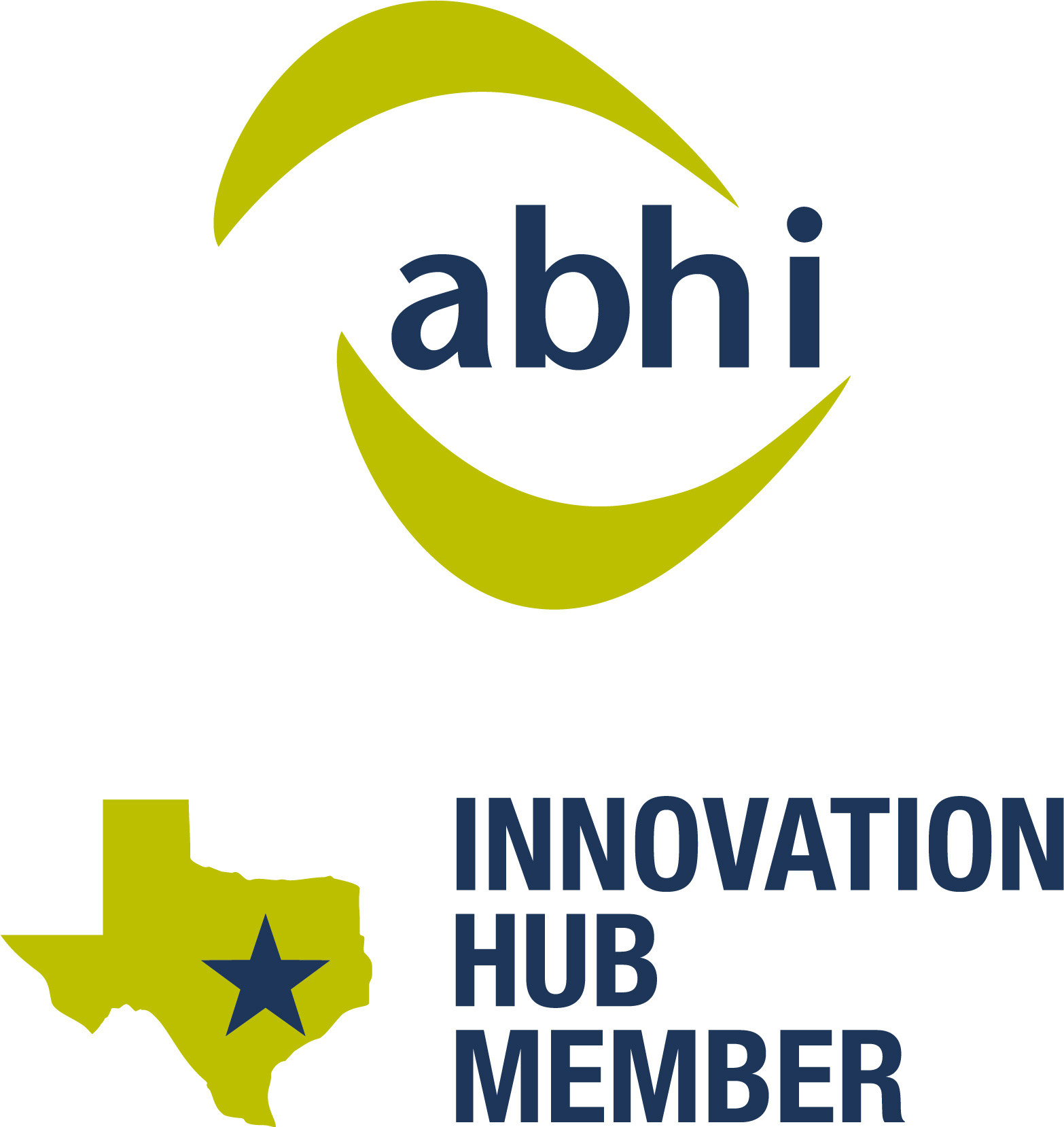Right-first-time: raising the bar at NHS Wakefield.
“If you don’t get it right first time, money is wasted by inefficiencies.” Dr Philip Earnshaw, Wakefield GP, CCG Chair:… Read More

“If you don’t get it right first time, money is wasted by inefficiencies.” Dr Philip Earnshaw, Wakefield GP, CCG Chair:… Read More

Leading international law firm Nabarro today issued a report on UK Med Tech. The document features interviews with industry opinion formers drawn from the Association… Read More

Forte Medical, the designer and manufacturer of innovative medical devices to improve specimen collection, is pleased to announce the appointment of Philip Kennedy as a… Read More

In his new book “Managing Innovation in Healthcare”, Professor James Barlow has written about Forte Medical’s journey to achieve adoption of its Peezy Midstream system… Read More

Forte Medical’s MedTech is low tech … and that’s the point at which interest wanes, for people want the intangible techie stuff, the next… Read More

“Why don’t you go for Pitch@Palace?” asked a new business contact. Why indeed! I had never heard of it and frankly, what could The Palace… Read More

“You will get out of the ABHI what you put in,” said a friendly counterpart from the Urology world, to whom I had been sent… Read More

Professor Frank Chindgwundoh MBE talks to News-Medical.net about the issues around inaccurate urine screening and how repeat testing and repeat patient appointments can be… Read More

We are proud to be part of Urology Awareness Month this September: “Clinical Innovation in Specimen Collection and Diagnostics” Royal Society of Medicine… Read More
65m urine specimens are taken every year on the NHS … without a defined protocol. Mixed growth rates (unreliable specimens) vary from 1.4% to over… Read More
